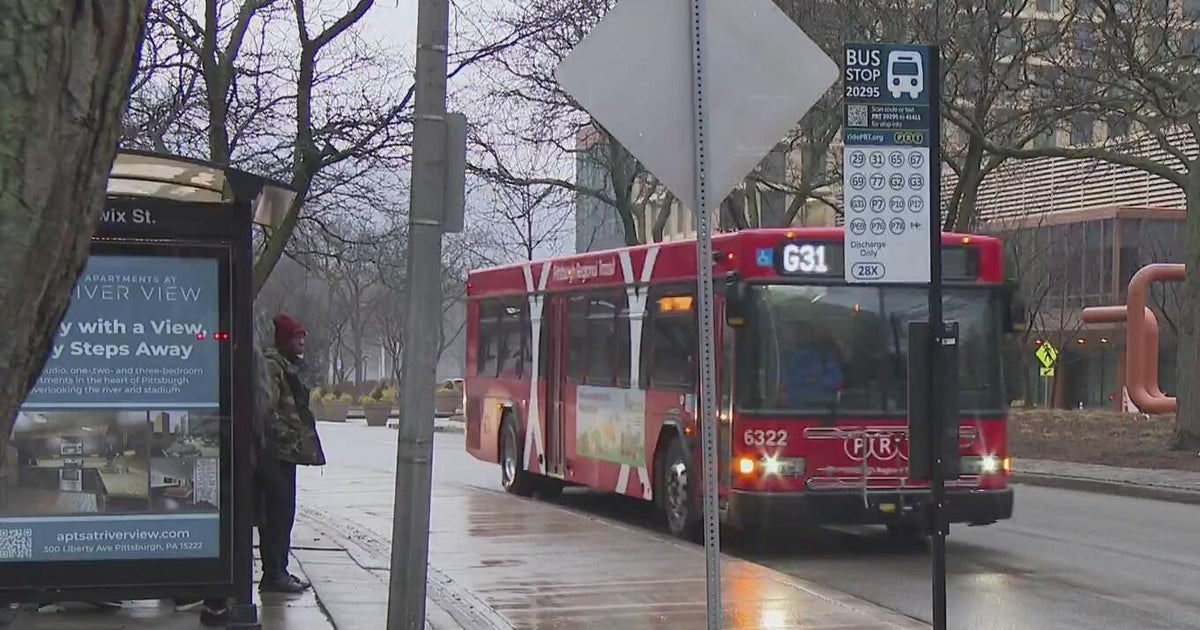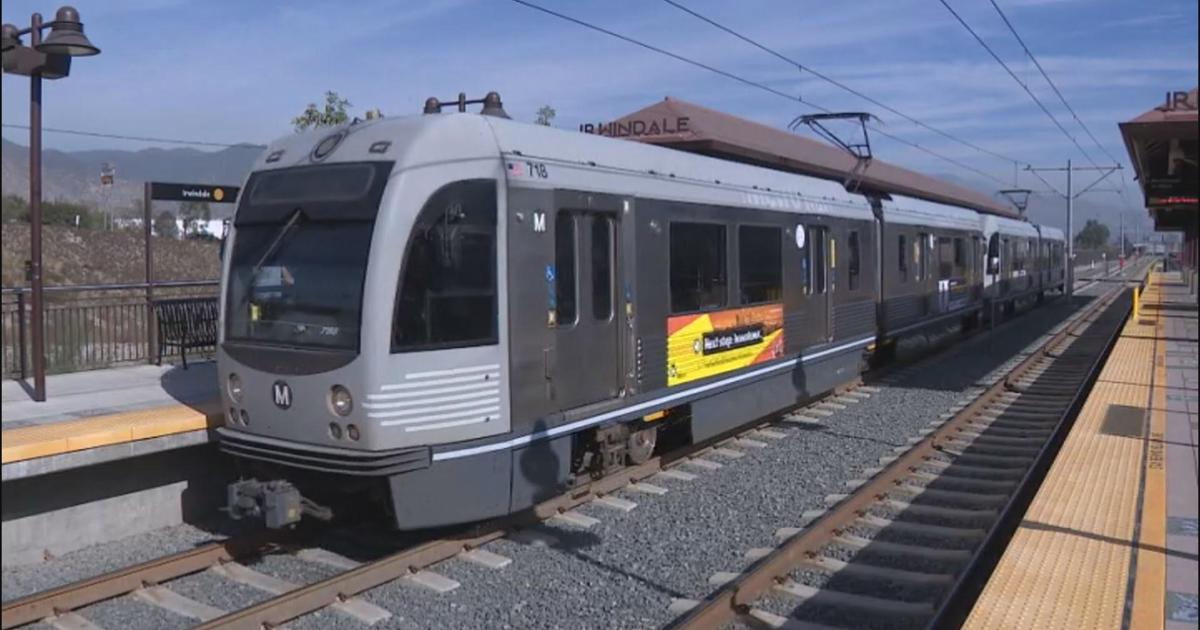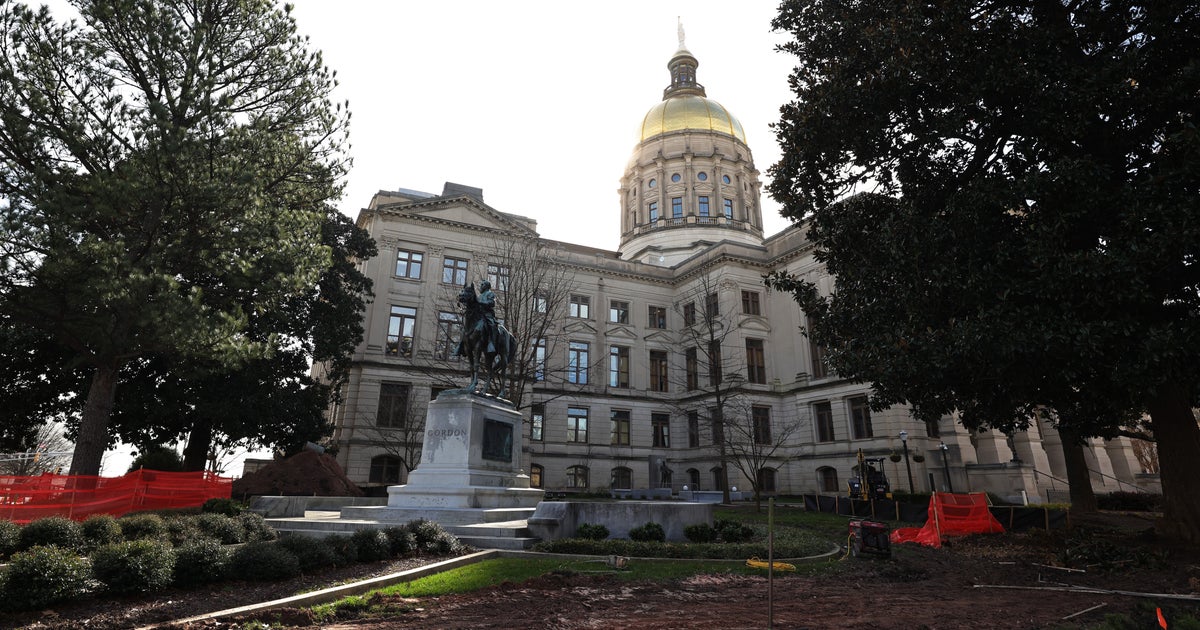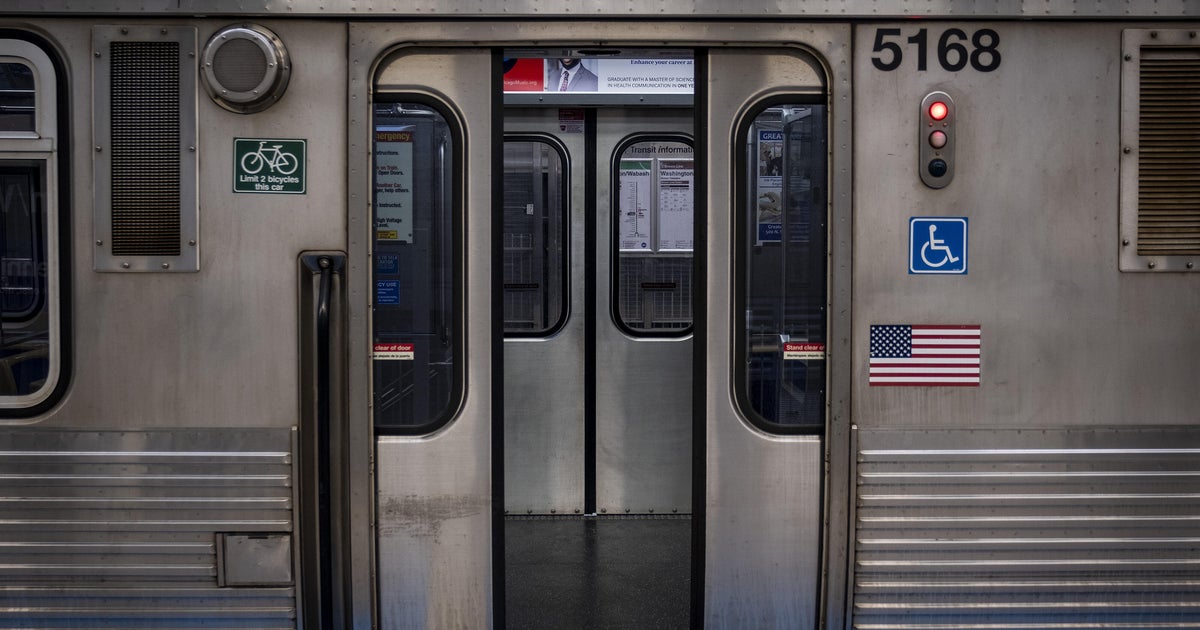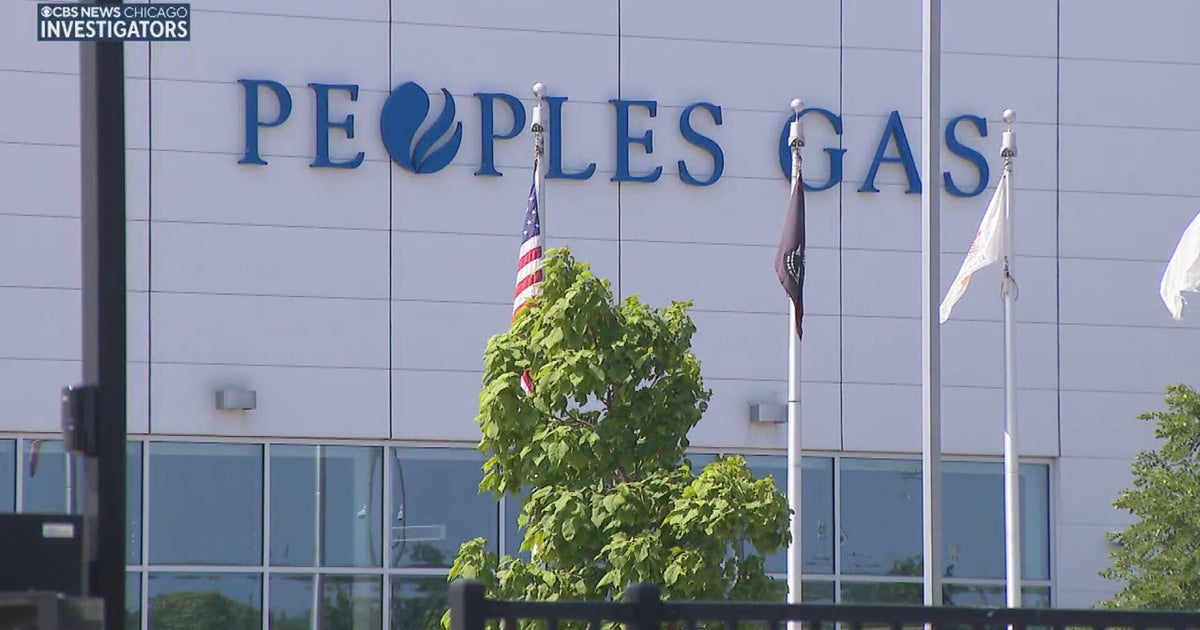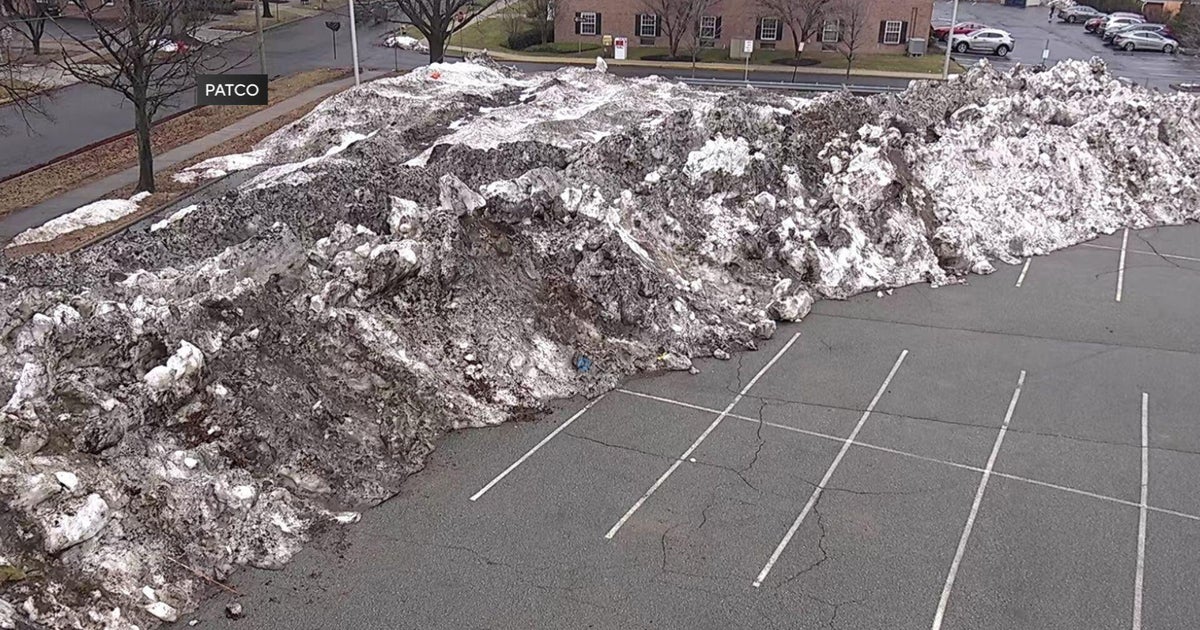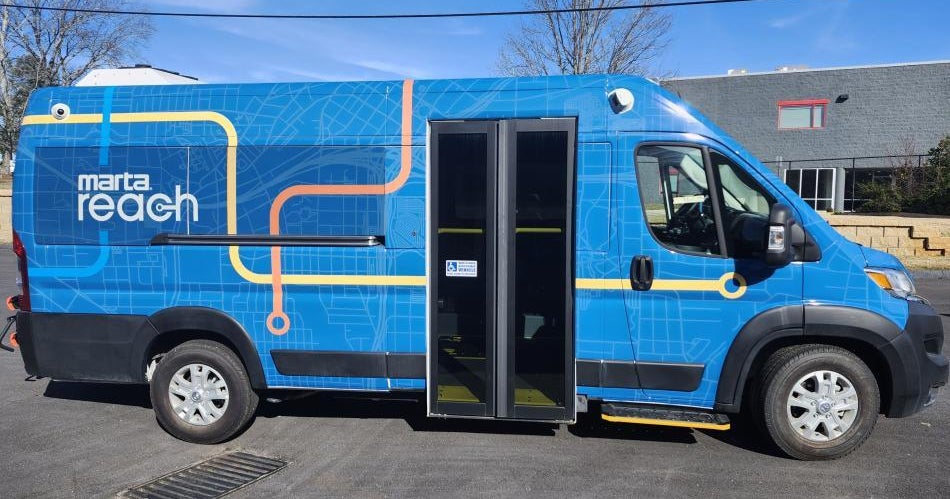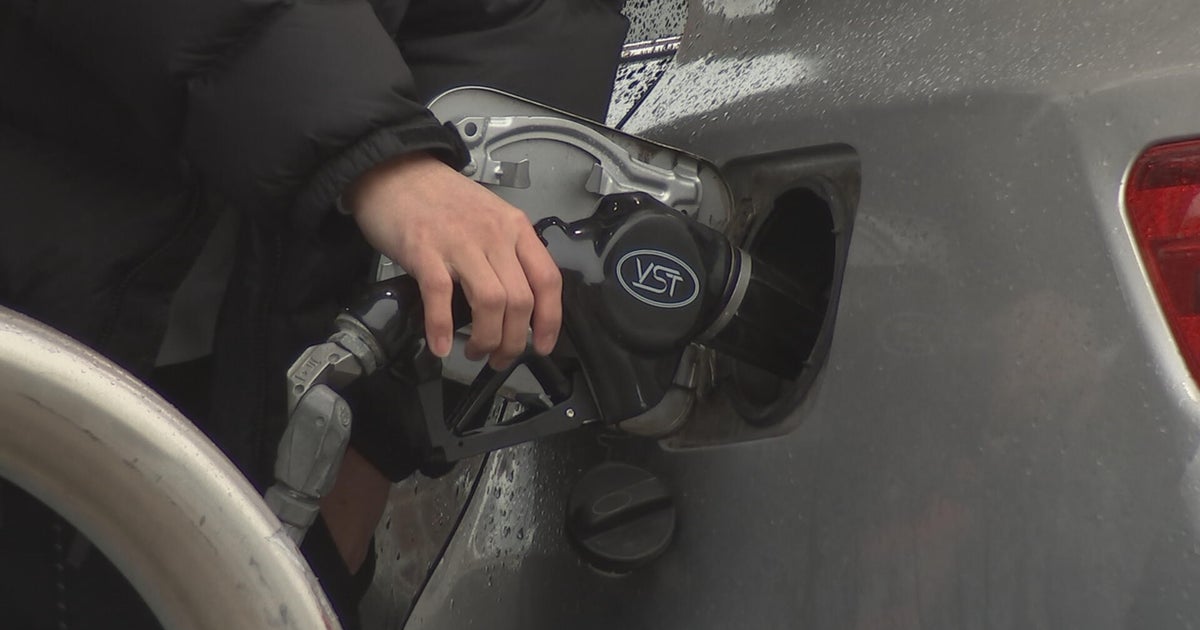NJ Transit Fare Hikes Put Focus Again On Funding
NEWARK, N.J. (AP) — As commuters in New Jersey prepare for rail and bus fare increases to be approved this week, the spotlight again has shifted to why the state's transportation agency has had to dip into bus and rail riders' pockets for the fifth time since 2002.
New Jersey Transit has said the increases, which average 9 percent, are needed to fill a $60 million budget gap that persisted even after the agency managed to cut $40 million internally.
Lawmakers, predictably, have offered contrasting theories for what is to blame. Democrats fault Gov. Chris Christie for not coming up with a new revenue source for the state's $1.6 billion Transportation Trust Fund. Republicans point to NJ Transit executive director Ronnie Hakim's statement that the cost of retirement benefits is contributing to the budget gap. Gov. Chris Christie has been locked in a court battle with unions over public pensions.
"If you don't have investments you're going to have to raise the money somehow, or you'll have service cuts," said state Transportation Commissioner Jamie Fox, who heads the NJ Transit board. "No one wants to say we want to raise fares by 9 percent, but we had a choice: do we raise fares or do we cut service?"
If there is even a slender silver lining for commuters, it is that the proposed increases are on the low end historically. According to figures published by NJ Transit, nine of the last 11 fare increases dating back to 1980 have raised prices more than 9 percent. Four of those hikes averaged more than 12 percent, including the most recent increase in 2010 that averaged 22 percent.
Some experts believe the fares aren't particularly high anyway. Richard Barone, director of transportation programs for the Regional Plan Association, an urban research and advocacy organization, said NJ Transit fares were low when the system wasn't as popular, but that improvements that made it easier to get from New Jersey into Manhattan increased ridership to the point that fares needed to be raised.
"They're adjusting because it's popular and there's a need to maintain the system and figure out how to pay for it," he said. "They're right-sizing it. When transit wasn't as popular you kept fares lower because you wanted people to use it. Now, as subsidies have gotten squeezed and there's more wear and tear on the system, it requires more outlays."
That likely won't be much consolation for train commuters whose monthly ticket from Trenton to New York will rise from $440 to $480, or bus riders in Lakewood who will pay $448 per month to go into the city, up from $411.
"We have to keep transit affordable, it can't become a luxury," said Janna Chernetz of the advocacy group Tri-State Transportation Campaign. "For some people it's the only way around."
"There are no more roads to build," she said. "We can't build our way out of congestion, and we can't price people out of transit."
(Copyright 2015 The Associated Press. All rights reserved. This material may not be published, broadcast, rewritten or redistributed.)
